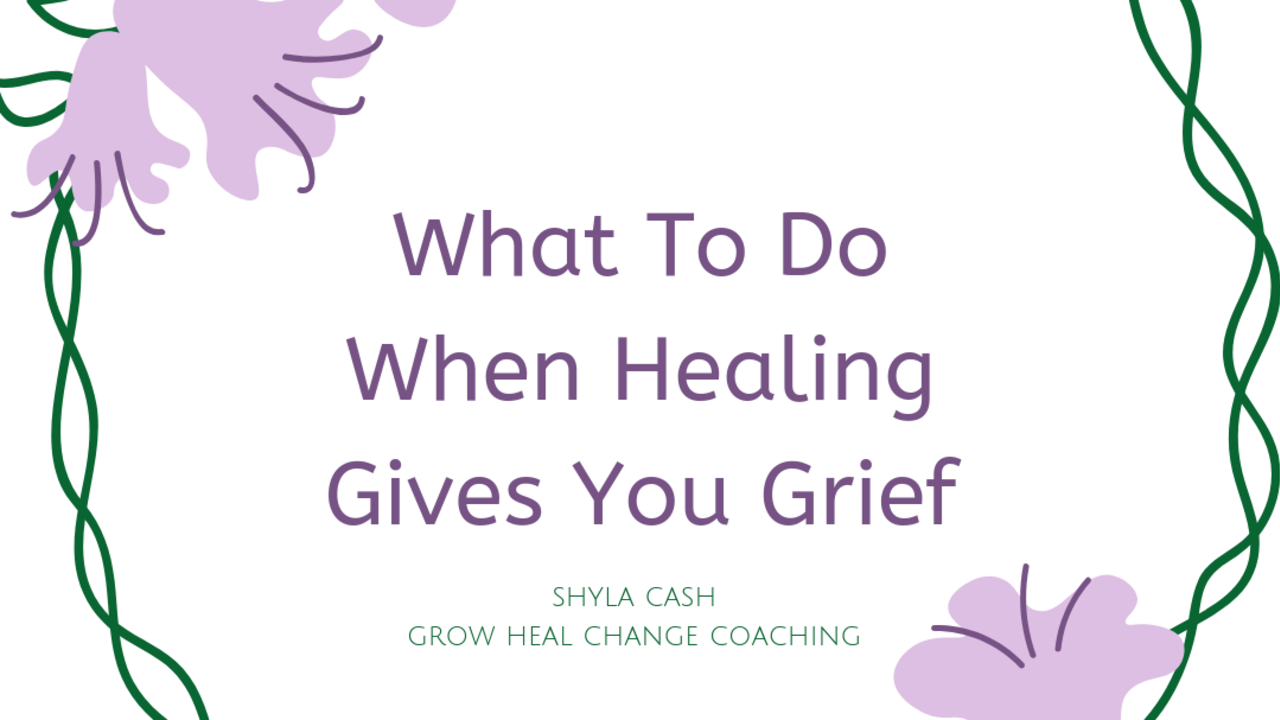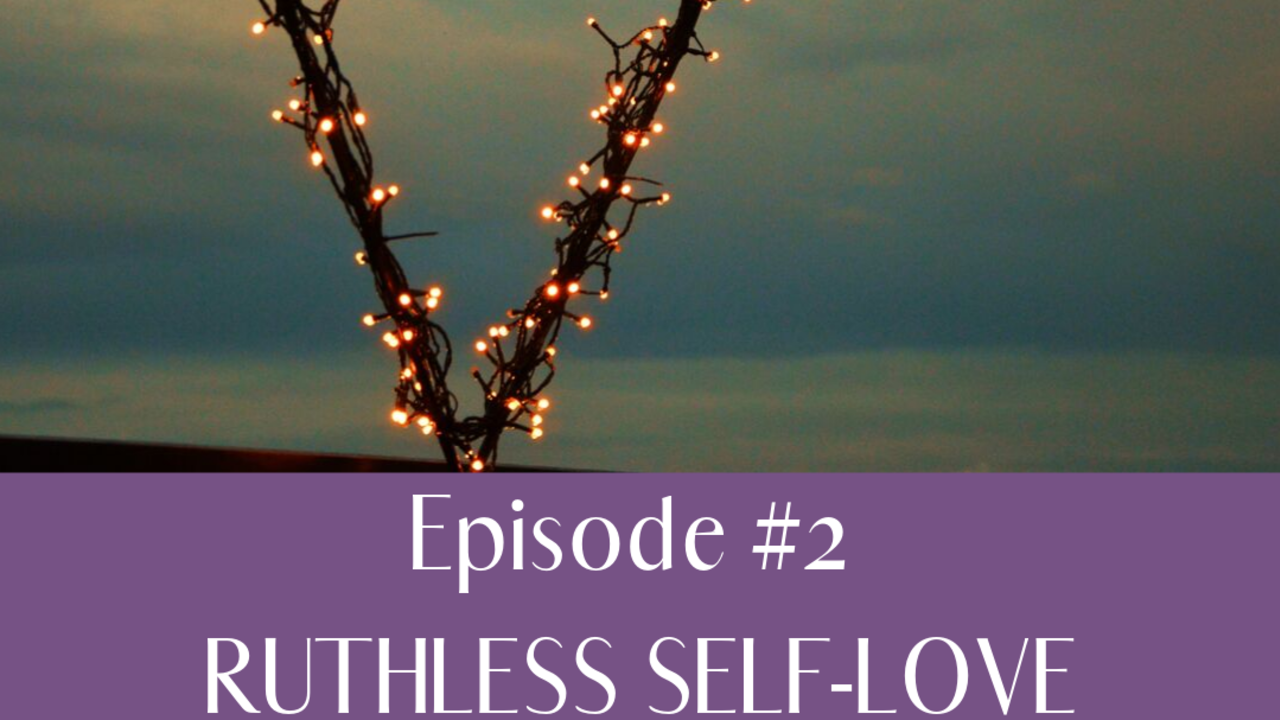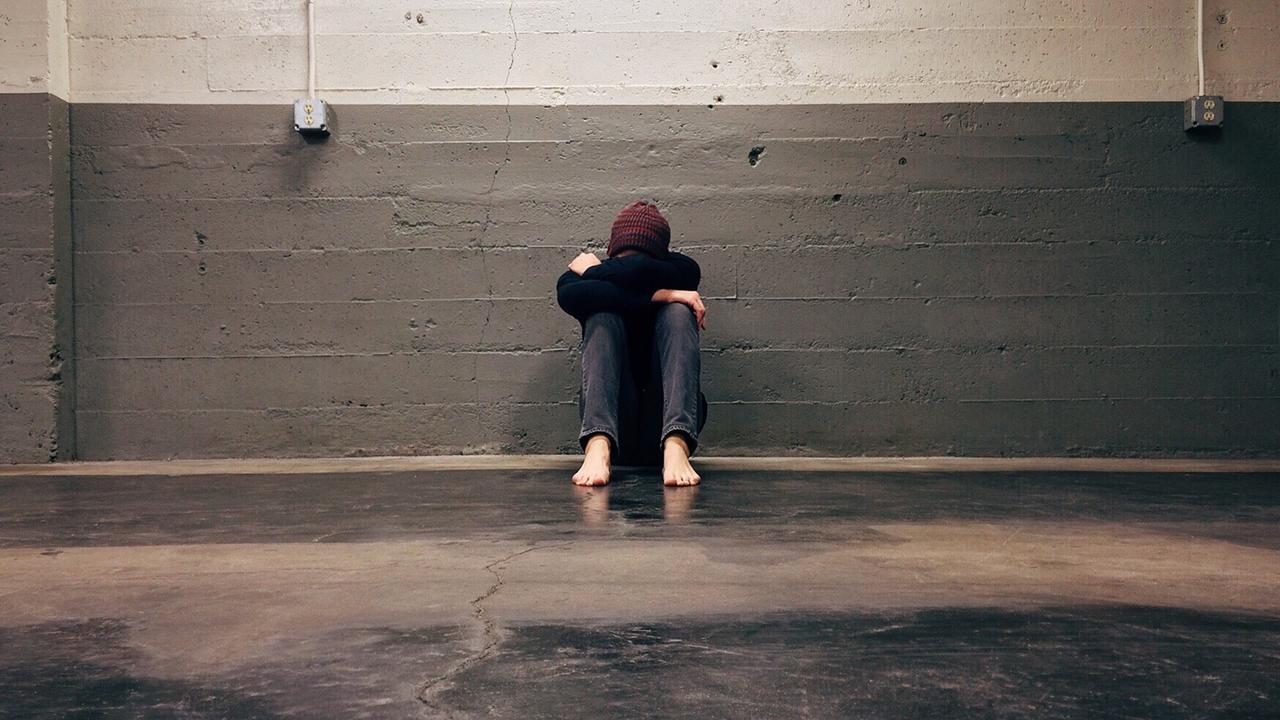Episode 6 - Fortitude

Fortitude is courage in pain or adversity
In this episode I'm talking about fortitude because it is going to be one of the most important tools along your journey of healing, spiritual growth, transformation, goal setting. Really just living an expansive and aligned, healed and powerful life that lights you up and brings joy to your soul.
EPISODE TRANSCRIPT BELOW:
I want to talk to you guys about fortitude because it is going to be one of the most important tools along your journey of healing, spiritual growth, transformation, goal setting. Really just living an expansive and aligned, healed and powerful life that lights you up and brings joy to your soul.
I want to call you guys up today. Beyond maybe your traditional paradigm of what it means to heal your life. Not simply for the sake of challenging you - But because I believe that many, if not most of you really think much lower of yourselves and your own abilities and what you are truly capable...
Episode 5 - The Wounded Leader

Show Transcript Below
The leader is the one who moves first.
The leader knows from an inner-knowing and moves first on that knowing.
The leader is the one who moves - this can be a spiritual moving, a moving of focus, a moving of intention.
The leader is the one who can DELIVER and suffer at the same time.
The leader is highly skilled and magnetic.
The leader is also hiding sometimes.
The full depth of a leader - the full power is very seldom mined.
And those who are called to lead - who are driven and compelled by a singular THING - even if they do not know what the THING is - it calls it coos sometimes, it whispers sometimes, it calls and sometimes it rages and it storms through you at all times.
And there comes a point in leadership - any kind - parenthood, ministry, business, career, performance, art - artists are very often leaders because they lead us to places within ourselves - they speak the soul’s language. And I do consider myself an artist as well as...
Episode #4 Trauma Re-enactment

In this episode, I'm explaining and simplifying the concept of traumatic re-enactment and talking about three common forms it shows up in our lives. Obsessing & Trying Really Hard, Self-Loathing & Self-Sabotage, and Fawning and People-Pleasing.
Episode Transcript Below:
What is Trauma Re-enactment?
Trauma re-enactment is the idea that when we have unresolved traumatic energy in our system, we tend to repeat or re-enact the trauma. Freud had a concept similar to this called repetition-compulsion. And many theorists think that this is the system’s subconscious way of seeking resolution and I tend to agree with aspects of that idea.
It is my personal belief that we are here to heal. That we have a responsibility to do the work of reconnecting with self and others and increasing our own regulation and embodiment to bring balance and regulation into the world. And to change the trajectory of future generations - our children, and our world. I...
Episode #3 - The Compassionate Core

I believe we all have a compassionate core that encourages us to gently untangle the knots of trauma-related resistance (emotions, body sensations, deep wounds and core fears)
In this episode, I'm diving deep into this concept and sharing some examples from my own life of how my own use of my compassionate core has helped me get through some intense activations, emotions, and sensations when resolving and working through my personal traumas.
I also talk about where to start if you feel you have no sense of a compassionate core to cultivate it.
**SHOW TRANSCRIPT BELOW:
We use the compassionate core when working with trauma-related resistance.
What is trauma-related resistance?
Trauma-related resistance looks like extreme Self-Opposition
A Sense of Complete refusal from self to do things for self. And a lot of times it is a refusal to be with the self - because of a fear of going back to certain places or experiencing certain emotions.
Every single...
What to do When Healing Gives You Grief

A Major component of my recovery/healing from Complex PTSD was the experience of grief.
Grieving was an experience that I kept away from myself for many, many years. It felt safer to berate and judge and shame myself:
“I should be over this by now”
“What’s wrong with me?”
“I just need to get over it and move on”
“I don’t have time to cry about my childhood”
I didn’t know a thing about compassion.
About witnessing and holding myself.
About the sacred practice of pouring out the pain.
I didn’t know that what I truly needed was a space to grieve. I didn’t know that the grief experience which I so feared, would actually help my integrate and heal.
I had internalized the shaming messages from years of abandonment, parental betrayal, neglect, and abuse. Shaming myself kept all that pain of deep despair at bay. I preferred the more familiar pain of criticizing myself and pushing myself to keep going. I feared being...
Episode #2 - Ruthless Self-Love

I feel like self-love is part of our collective knowledge now. We understand that it’s important. We understand that we need it.
But, there is difficulty with applying it. And a lot of the self-love talk out there is about the sort-of practical - night time routines, morning routines and making yourself a green tea and meditating. And I think that those things are important and they form a PART of self-love.
But when we are talking about applying self-love, I like to add another layer or component onto it. And that component is ruthlessness.
So today, I’m talking about ruthless self-love.
Trigger-Fear

I think there is an unfortunate misconception that has come up for us in modern culture where we think that uncomfortable feelings are bad. We think that feeling anxious or depressed or confused or overwhelmed means there is something wrong. Or, means that we are wrong.
Specifically, in healing communities and modalities we have reached this place of prioritizing safety which is a good thing. I am not against safety and environments that promote healing. This is really the foundation of the polyvagal theory and other modalities like somatic experiencing that seek to bring a measure of regulation online to the body and brain through creating safe experiences of connection. And these modalities work.
However, there is a fine line here. And, I am noticing a real fear of triggers in the air.
We fear things that bring up reminders of bad feelings or bad memories, or feeling as though we are at the mercy of what other people do and what other people say, and other people’s...
Episode 1 - I Don't Resonate With The Term - "Trauma-Survivor" and Here's Why

I absolutely love the UFC (Ultimate Fighting Championship). My husband got me into it - we even got engaged at a UFC Event in Toronto (Max Holloway vs. Anthony Pettis to be exact. for those of you who are fans). When we first started dating, he would have the fights on in the background and I dismissed it for a couple weeks.
But, as I watched these fighters tell their stories of adversity and triumph, and saw their athletic commitment and dedication - I fell in love with the sport - the vulnerability of standing barefoot in the octagon, bleeding and pressing forward. The preparation, the skill, the power, the willingness to lose - the emotional triumph of a win. It hooked me. Some of them had lost children, grew up in poverty, were working full-time jobs and still fighting.
Athletics in general are an amazing metaphor for overcoming adversity and trauma.
They show us that against all odds - we can win. And, if we lose, we can still say we put it all on the line....
Narcissistic Shame Off-Loading

Narcissistic Shame Off-Loading
Growing up with a narcissistic parent is a scary, difficult experience. Narcissists suffer from a deep wound of shame. Some say the narcissistic wound is the DEEPEST wound. The shame is so severe that the system creates a construct to protect the individual from collapsing under the weight of this toxic shame. This construct includes ego-protection and delusion, it also includes projection. Projection is the off-loading of a negative affect (emotion) onto another individual.
An example of this is the narcissist who is irresponsible, selfish and unable to connect with their child. This individual cannot attach and be there for the child because their narcissism prevents them from SEEING someone else. The narcissist is dissociated from their own body and self. And thus, is unable to form a connection with their baby. On deep, dissociated levels, the truth is known. However, this truth cannot be negotiated with or faced by the narcissist’s...
I'd Like for You to Know - Meditative Poetry for Trauma Healing

I’d like for you to know
That you are not merely your thoughts
But deep red blood
Flows through your veins
Heart is beating
Eyes are tearing
You are human animal and primal soul
You are alive with the worlds within and without
You are at once many systems inside you
If you stop in this second and in this moment in time
You might notice a universe within your viscera
Pulsing, beating, breathing, expanding, moving, digesting, and flowing
It is as much you as any thought and more
The thought is only something which you do
But your breath – your beating heart is a wildfire
Alive without your command
Without your intention
A creature you are
Your cubicle may make you forget it
The green grass reminds you
I’d like for you
To experience
All that you are – below the head
Beyond the mind
The body whose origins were in your mother’s belly
Who grew into the creature which now reads these words
You are
You are
Your voice comes from your guts
Your tummy
Your soul
And the sound...

